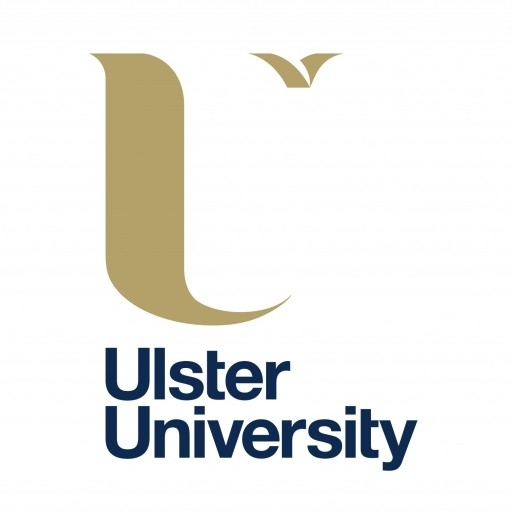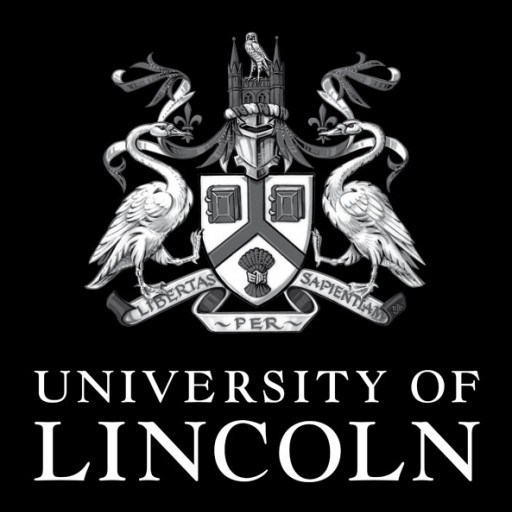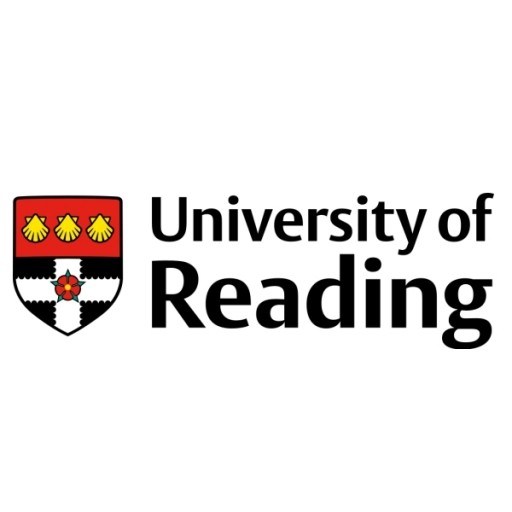Photos of university / #dundeeuni
Advertisement
Why study MSc Computing with Vision and Imaging at Dundee?Computer vision and imaging is a rapidly expanding field with plenty of real-life applications and opportunities. Here at Dundee, we encourage a professional, inter-disciplinary and user-centred approach to computer systems design and production.
Application areas include:
* controlling processes - e.g. an industrial robot or an autonomous vehicle
* detecting events - e.g. for visual surveillance or people counting
* organising information - e.g. for indexing databases of images and image sequences
* modelling objects or environments - e.g. for industrial inspection
* medical image analysis
* topographical modelling
You will acquire skills in computer vision, inference, algorithmic underpinnings of computer vision systems, how images and signals are formed, filter, compressed and analysed, and how multiple images can be combined.
Throughout this course, you will also develop the necessary skills to undertake independent research and participate in proposal development and innovation - an excellent grounding for many future careers.
What's so good about MSc Computing with Vision and Imaging at Dundee?Research-led teachingTeaching at Dundee is research-led, meaning that the MSc programme benefits from association with cutting-edge research of international standard and its commercial applications.
We also have an active Computer Vision and Image Processing research group. Our Vision and Imaging students are involved in a number of
What you will study You select seven taught modules, three per semester, during the period September-April. You will make module selections with your advisor.
Semester 1 (Sept-Dec) * Probabilistic Inference and Learning
* Signals and Images
* Plus two from: * Technology Innovation Management
* Computer Graphics
* Logical Inference & Symbolic Reasoning
* Information Theory
Semester 2 (Jan-Mar) * Vision and Perception
* Research Methods
* Plus one from: * Computing Research Frontiers
* Multi-agent Systems & Grid Computing
Subject to examination performance, you then progress to the MSc project which runs from May to September, or to a Diploma project lasting 9 weeks.
Please note that some of the modules in the programme are shared with other masters programmes and some of the teaching and resources may be shared with our BSc programme. These joint classes offer a valuable opportunity to learn from, and discuss the material with, other groups of students with different backgrounds and perspectives.
How you will be assessed The taught modules are assessed by continuous assessment plus end of semester examinations in December and March/April. The project is assessed by dissertation.
Computing coursework is often very practical, e.g. writing computer programs, designing interfaces, writing reports, constructing web sites, testing software, implementing databases, analysing problems or presenting solutions to clients.
Audience
This course suits graduates in computer science and related disciplines such as physics or mathematics. It is suitable if you wish to widen and/or deepen your knowledge of computing.










